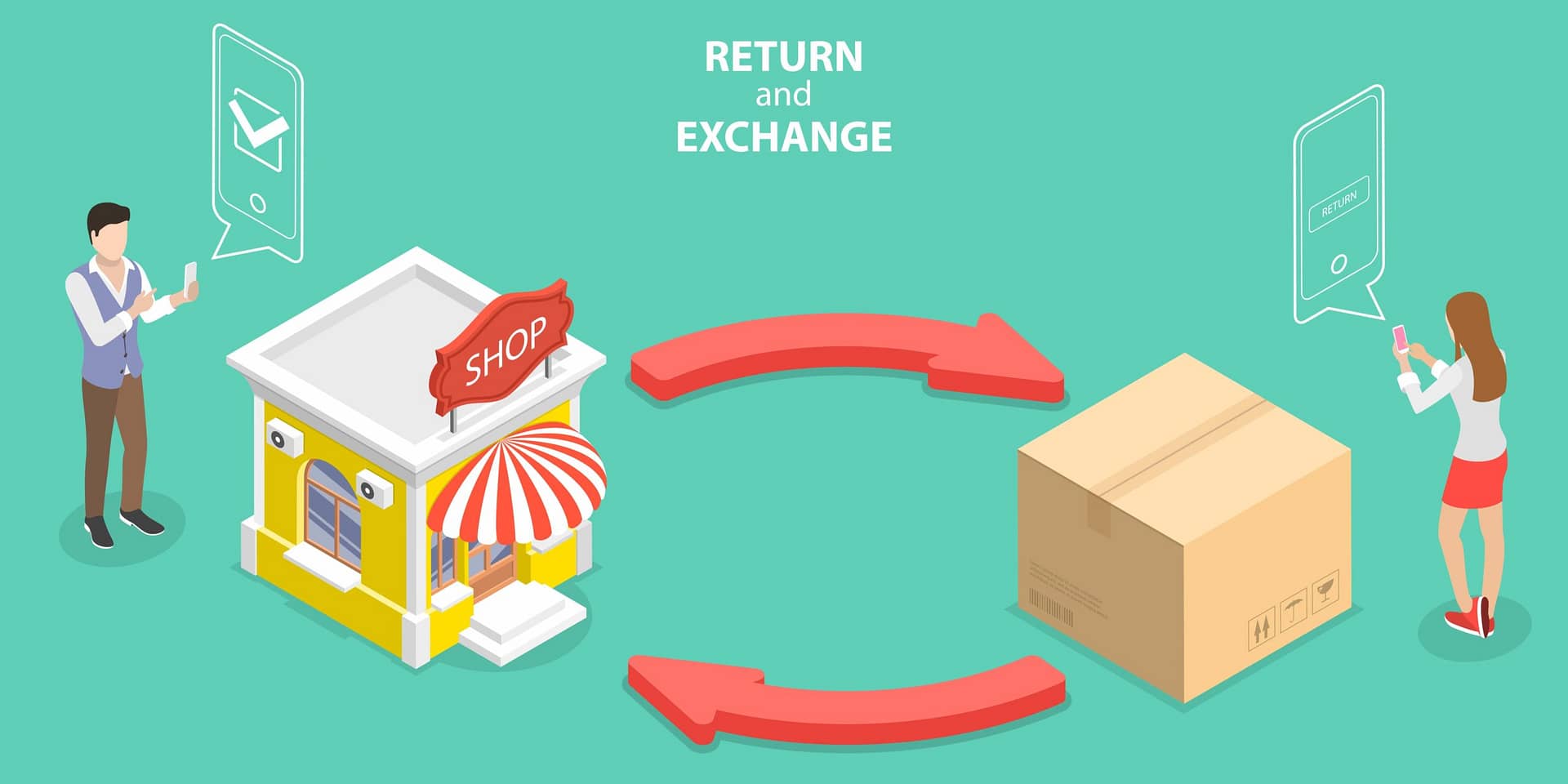Travis Farey – 0:00
Hi, I’m Travis Farey and this is the returns management podcast by ReturnLogic; a show where we connect ecommerce store owners together through casual discussion and examine current myths and trends to keep you up to date on everything happening in the ecommerce world.
On today’s episode, we’re covering the Returns Hierarchy of Needs. We’ll first start by touching on Maslow’s hierarchy of needs and how we’ve used that to create something we call the Returns Hierarchy of Needs. We’ll discuss the three stages in the hierarchy including automation, visibility, and optimization, and much more on today’s episode. My name is Travis Farey and I’m a Product Marketing Specialist here at ReturnLogic and today, I’m joined by none other than David Gonzalez, Senior Growth Marketer here at ReturnLogic.
So, without further, do let’s get this show started.
David Gonzalez – 1:12
So, Travis I was talking to a merchant the other day, and she was describing how returns impacted her store over time. It was really interesting because I’ve heard the same story so many times and brands go through this similar progression. I’m curious if our listeners can relate here.
So, when she was first starting out, she said she was excited to get that first sale. Get sales going. Then all of the sudden she got her first return.
She told me she was a little off put by it. She felt like she did something wrong. And as her sales grew, she started to get more and more returns.
So, she started recording these returns on a spreadsheet. Then ultimately hired her first person to help handle customers and manage returns.
So, once she had some help, she said she could focus more on growing sales. Which she did. Really really quickly. But then her rep just couldn’t keep up. They were swamped. So, she had to hire some more people so that she could continue to grow. Right?
And she actually didn’t start out with us. She started out with an app called ReturnMagic, which sunset I believe about a month or two ago. But eventually it just wasn’t able to solve all of her problems and scale with her. Her returns problem just kept getting bigger.
She finally got to this place where she grew enough where she could keep her own inventory in a warehouse. She had a warehouse and an ops team. But after a few months, her warehouse team just couldn’t keep track of everything. They felt out of the loop. They felt disconnected. So, shoppers just weren’t getting their items on time. And then all of the sudden she was just stuck.
So, after all that hard work to scale to a certain point, her returns problem crept up and she said it was like a nightmare. So, finally she did some shopping around. She talked to a handful or returns management companies. She said she had to try out a few, and ultimately, she connected with us.
But I hear stories similar to this all the time. At some point in companies’ growth journey, returns get too tough to deal with, and they put a chokehold on growth.
Travis Farey – 3:08
Alright. Everybody please give David a round of applause for the Ted talk, just messing with you. But all jokes aside, are we talking about Liz here?
David Gonzalez – 3:16
Yeah. She’s great. I feel her therapists sometimes when we chat about returns.
Travis Farey – 3:21
Oh yeah, she loves to vent about returns. And I love to listen. But anyways, I definitely hear you and I’ve heard this same story myself many times.
It’s like a natural progression as companies scale. Companies have to get better and better at handling returns and evolve or else they’re momentum just stalls.
David Gonzalez – 3:42
Exactly.
Travis Farey – 3:44
Hey David, do you remember anything from your Psych 101 class?
David Gonzalez – 3:48
Uh, not as well as I should. But I know that Freud guy talks about childhoods.
Travis Farey – 3:51
Well, unfortunately, we’re not here to discuss your childhood trauma unless that involves Maslow and his hierarchy of needs. Do you remember anything about that?
David Gonzalez – 4:01
Remind me?
Travis Farey – 4:02
Yeah, no problem. So, Maslow’s hierarchy of needs, talks about the stages of growth in humans, which honestly reminds me a lot of companies and how they grow.
The hierarchy is split between deficiency needs and growth needs, which ultimately lead to transcendence or enlightenment.





